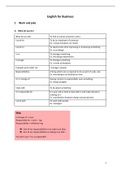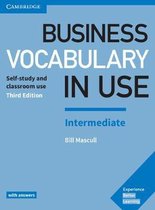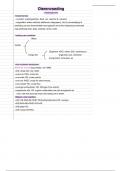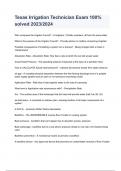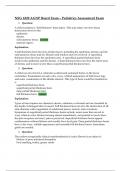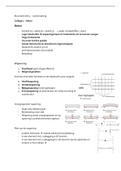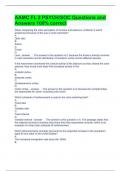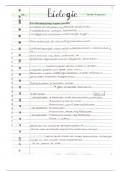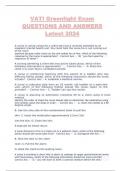Samenvatting
Samenvatting English For Business - Geslaagd 16/20 - 1BEM
- Vak
- Instelling
- Boek
Deze samenvatting omvat alle hoofdstukken die gekend moeten zijn. Elke term met uitleg is in tabelvorm weergegeven. De explanations zijn zeer duidelijk en komen meestal uit het boek "Business Vocabulary in Use". Daarnaast zijn ook een aantal van de belangrijkste oefeningen en kaders verwerkt. Door...
[Meer zien]
